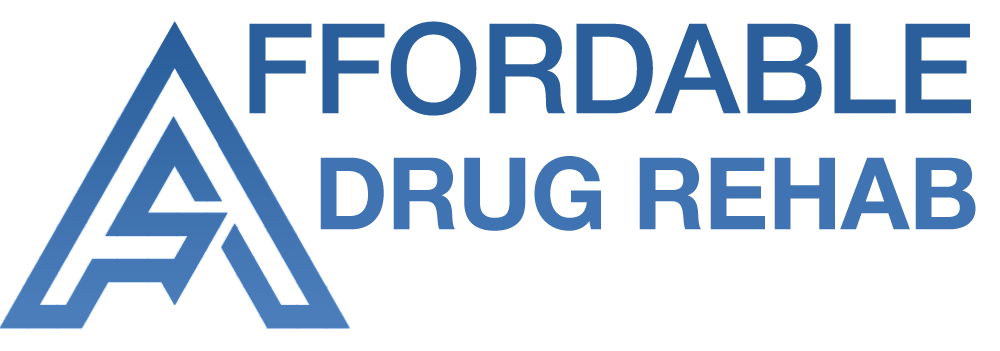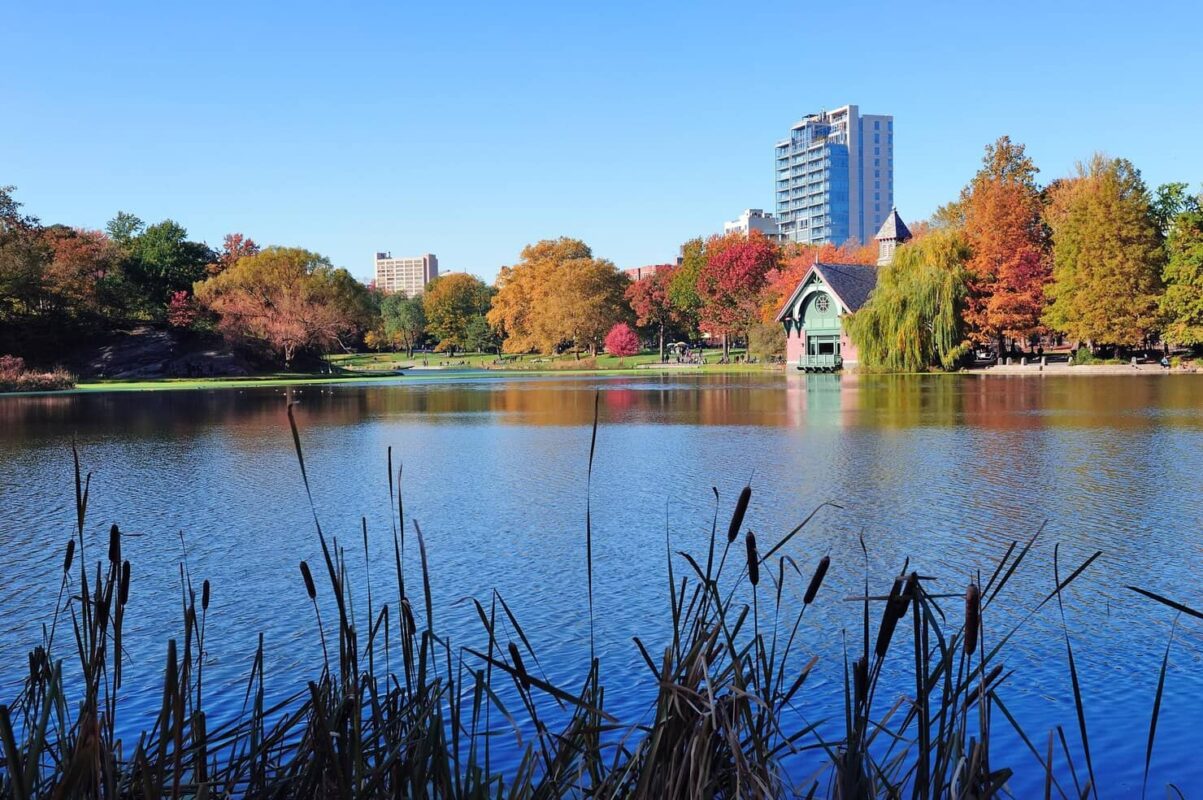Find the help you need
Addiction is a devastating disease that affects millions of people around the world. It can have a profound impact on not only the individual struggling with addiction but also their loved ones and communities. While there are many treatment options available, drug rehab centers remain one of the most effective ways to overcome addiction.
North Carolina has seen an alarming rise in substance abuse in recent years, particularly with opioids and prescription drugs. This has led to an increase in demand for affordable drug rehab centers in the state. In this blog post, we will discuss how to overcome addiction with the help of these centers in North Carolina.
Understanding addiction
Before we discuss affordable drug rehab centers in North Carolina, it’s essential to have a basic understanding of addiction. Addiction is a chronic disease that affects the brain and causes compulsive drug-seeking behavior. It is characterized by an inability to control substance use despite negative consequences.
Contrary to popular belief, addiction is not a choice or a moral failing. It is a complex disease that can be caused by various factors such as genetics, environment, and mental health issues. It can affect anyone regardless of their age, gender, race, or socioeconomic status.
Understanding that addiction is a disease can help shift the perspective from judgment to empathy, promoting a more supportive environment for those seeking help.
The importance of drug rehab centers
Drug rehab centers provide a safe and supportive environment for individuals struggling with addiction. They offer a range of evidence-based treatments and therapies to help individuals overcome substance abuse and maintain long-term recovery.
One of the main reasons why drug rehab centers are so effective is that they provide a structured and comprehensive approach to treatment. This includes detoxification, therapy, support groups, relapse prevention strategies, and aftercare plans. By addressing the physical, emotional, and psychological aspects of addiction, these centers can help individuals achieve sustainable recovery.
Rehab centers also offer a sense of community, where individuals can connect with others who are going through similar experiences. This sense of belonging can be incredibly empowering and motivating.
The cost of addiction treatment
The cost of addiction treatment can be a significant barrier for many individuals seeking help. However, it’s important to note that the cost of not getting treatment can be much higher in the long run. Addiction can lead to financial problems, strained relationships, legal issues, and even death.
Thankfully, there are affordable drug rehab centers in North Carolina that offer high-quality treatment at a fraction of the cost of luxury or private facilities. These centers understand the financial strain addiction can cause and strive to make treatment accessible for all.
Investing in addiction treatment is an investment in health, well-being, and a brighter future.
Types of affordable drug rehab centers in North Carolina
There are several types of drug rehab centers available in North Carolina, catering to different needs and budgets. These centers offer a range of services designed to help individuals overcome substance addiction and start a path toward recovery. Some of the most common options include inpatient rehab centers, which provide 24-hour care and support, outpatient programs that allow individuals to continue living at home while attending treatment sessions, and specialized facilities that focus on treating co-occurring mental health disorders alongside addiction. Each type of center offers unique programs and therapies, ensuring that there is a suitable option for everyone seeking help.
Outpatient treatment
This type of treatment allows individuals to live at home while attending therapy and counseling sessions at a rehab center. By staying in their own familiar environment, patients can maintain their daily routines and responsibilities, such as work and family commitments. It is typically less expensive than inpatient treatment, and it offers the added benefit of integrating the support of loved ones into the recovery process. Additionally, this approach encourages the application of coping strategies in a real-world setting, which can be crucial for long-term success.
Outpatient treatment offers flexibility, making it easier for individuals to maintain their daily responsibilities while receiving the care they need. This type of treatment allows patients to live at home, continue working, and stay connected with family and friends, which can significantly aid in their recovery process. It is a good option for those with mild to moderate addiction who may not require the intensive supervision of inpatient programs. Additionally, outpatient treatment is beneficial for individuals who have completed inpatient treatment and need ongoing support to prevent relapse and continue their progress towards long-term sobriety.
Inpatient treatment
Inpatient or residential treatment involves staying at a rehab center for the duration of the program, which can range from 30 to 90 days. During this time, individuals receive comprehensive care that includes medical support, therapeutic activities, and counseling sessions. The 24/7 support and supervision provided in this setting can be beneficial for those with severe addiction, as it offers a structured environment free from external triggers and distractions. Patients also have the opportunity to connect with others who are going through similar experiences, fostering a sense of community and mutual support that can be crucial for recovery.
Inpatient treatment offers a controlled environment, free from triggers and distractions, allowing individuals to focus solely on their recovery. It provides intensive therapy, medical support, and a structured routine, which are crucial for those dealing with severe addiction or mental health issues. In such a setting, patients can benefit from round-the-clock care and support from a dedicated team of professionals, fostering a safe and nurturing space for healing. Additionally, the structured schedule helps patients develop healthy habits and coping mechanisms that are essential for long-term recovery and stability.
State-funded programs
These programs are funded by the state government and offer low-cost or free addiction treatment services. They aim to make treatment accessible to everyone, regardless of financial status. By providing comprehensive support, including counseling, medical assistance, and follow-up care, these initiatives help individuals on their path to recovery. The ultimate goal is to ensure that financial constraints do not prevent anyone from receiving the help they need to overcome addiction and lead healthier lives.
State-funded programs may have longer waiting lists, but they provide comprehensive care and support for those in need. These programs often include a wide range of services, from detox and medical supervision to counseling and aftercare support. Additionally, they may offer educational workshops, group therapy sessions, and resources for family involvement, ensuring a holistic approach to recovery. While the wait can be frustrating, the extensive support network and diverse services available through state-funded programs can make a significant difference in long-term recovery outcomes.
Non-profit organizations
There are many non-profit rehab centers in North Carolina that operate on donations and grants, making them more affordable for individuals in need. These centers offer a range of services, including counseling, medical care, and support groups, all aimed at helping individuals overcome addiction and regain control of their lives. By relying on the generosity of donors and grant funding, these facilities can provide crucial assistance to those who might otherwise be unable to afford effective treatment.
Non-profit organizations often have a mission-driven approach, focusing on providing compassionate care and support to those in need. They may offer sliding scale fees based on income, ensuring services are accessible to a broader community. Additionally, these organizations frequently provide a variety of additional resources such as housing and job placement assistance, mental health support, educational programs, and community outreach initiatives. Their goal is to address multiple aspects of an individual’s well-being, fostering a holistic approach to support and empowerment.

How to find affordable drug rehab centers in North Carolina
If you or a loved one is struggling with addiction and seeking affordable treatment options in North Carolina, it’s crucial to find a rehab center that fits your specific needs. Here are some tips to help you in your search:
- Research various rehab centers to compare services and costs.
- Look for facilities with experienced and qualified staff.
- Consider the types of treatments offered and their success rates.
- Seek recommendations from healthcare professionals or support groups.
- Ensure the center provides a supportive and comfortable environment.
Taking the time to find the right rehab center can make a significant difference in the recovery journey.
Research different centers
Take the time to thoroughly research different drug rehab centers in North Carolina. Compare their prices, services, and success rates to ensure you find the best fit for your needs. Look for reviews and testimonials from former clients to get an idea of their experiences, and consider reaching out to these centers with specific questions about their programs. Additionally, check if they offer personalized treatment plans, aftercare support, and if they are accredited by reputable organizations. A comprehensive evaluation will help you make an informed decision towards a successful recovery journey.
Inquire about payment options
Many rehab centers offer payment plans or sliding scale fees based on income, making treatment more accessible for those in need. Don’t be afraid to ask about these options, as they can significantly ease the financial burden. Additionally, some centers may provide scholarships or financial assistance programs, which can further support your journey to recovery. Exploring all available financial aid options can help ensure that cost does not become a barrier to receiving the help you need.
Contact your insurance provider
Some insurance plans may cover a portion of addiction treatment costs, offering financial relief to those seeking help. It’s important to check with your provider to determine if your specific plan includes coverage for rehab services. Be sure to understand the details of your coverage, such as the extent of coverage, any limitations, and the types of treatments included. Additionally, inquire about any out-of-pocket expenses you may incur, such as deductibles, co-pays, and any caps on coverage. Understanding these aspects can help you plan better and reduce any unexpected financial burdens during your recovery journey.
Reach out to support groups
Support groups such as Alcoholics Anonymous or Narcotics Anonymous can provide valuable insights and recommendations for affordable drug rehab centers in North Carolina. These groups offer a safe space for individuals to share their experiences and challenges with addiction. Members of these groups often have firsthand experience with various rehab centers and can offer honest advice on what to expect from different facilities. Additionally, they may be able to share information about the types of treatment programs available, the quality of care, and potential costs, helping individuals find the best fit for their specific needs.
Additional support for long-term recovery
Overcoming addiction is a lifelong journey, and after completing a drug rehab program, individuals need continued support and guidance to maintain their sobriety. Thankfully, many affordable drug rehab centers in North Carolina also offer aftercare programs and support groups to help individuals in their recovery journey.
Aftercare programs may include individual counseling, group therapy, and relapse prevention strategies. They provide ongoing support and help individuals stay on track with their recovery goals.
It’s also important for individuals to have a strong support system of family and friends who can provide love, understanding, and encouragement throughout the recovery process. Family therapy and education programs can help loved ones understand addiction and learn how to support their family member’s recovery.
Conclusion
Addiction is a challenging and complex disease, but with the right support and treatment, recovery is possible. Affordable drug rehab centers in North Carolina offer hope and healing to individuals and families affected by addiction. Don’t hesitate to contact us today by clicking Affordable Drug Rehabs or call 1 (888) 850-3656
By understanding the different types of treatment options available and taking proactive steps to find the right rehab center, you can take the first step towards a healthier, happier future.
If you or a loved one is struggling with addiction, don’t hesitate to seek help. Reach out to a drug rehab center in North Carolina today and start your journey to recovery. Remember, you are not alone, and there is support available to help you every step of the way.
For personalized assistance and to find the best affordable drug rehab center for your needs, contact our knowledgeable admissions team. We are here to help you find quality and affordable care for yourself or your loved one.
Take the first step towards recovery and reclaim your life today.


